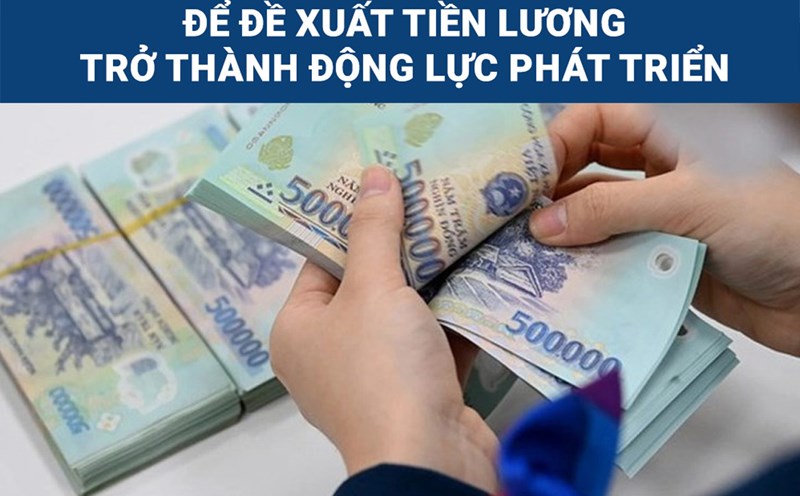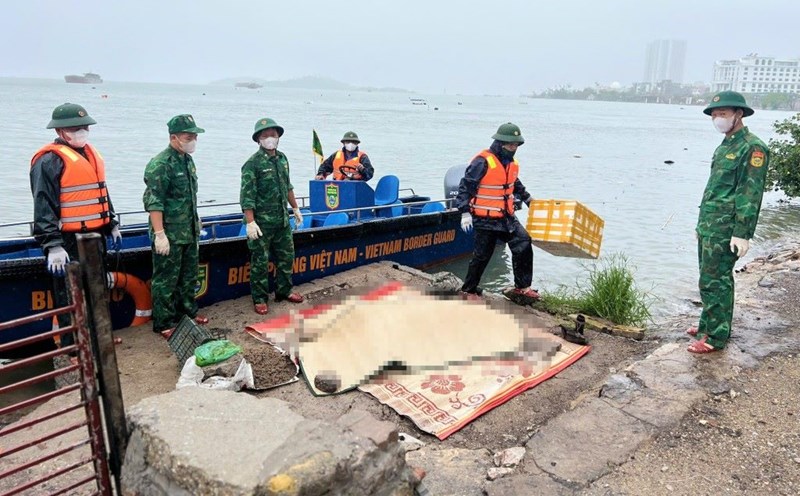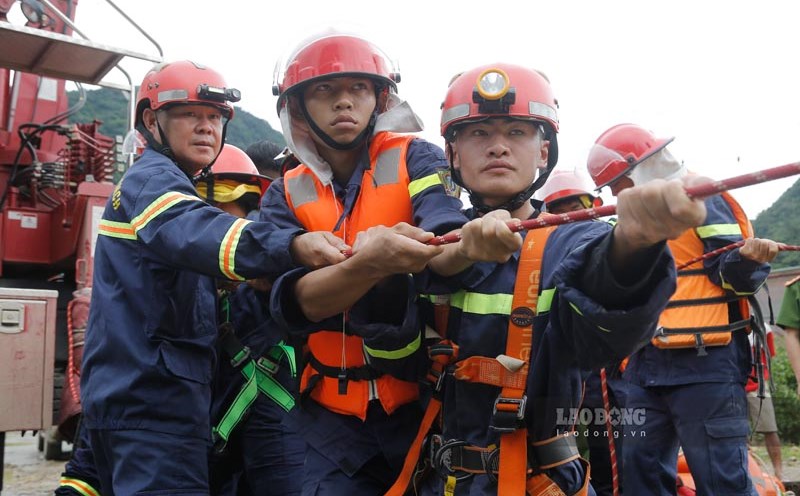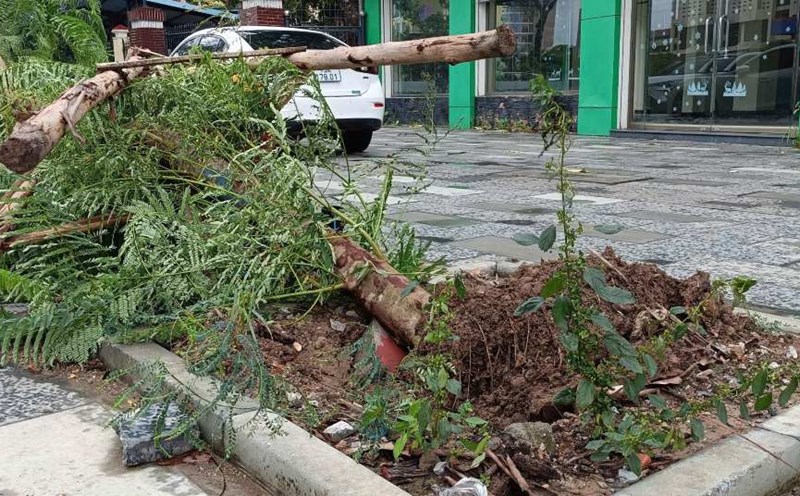One morning in the rice field of Lam Tan commune, Can Tho city, a drone passed through a rice field that had just sown. This device is used by local farmers to spray pesticides, fertilize, and sow - something that was very unfamiliar just a few years ago.
Mr. Trieu Hoang Huong, a Khmer farmer here, said: "Before spraying pesticides on 9 hectares of rice fields, it took me a few days to hire more workers, which was very expensive. Now, it only takes nearly 2 hours with a spraying aircraft, not tired, not toxic, and high efficiency".
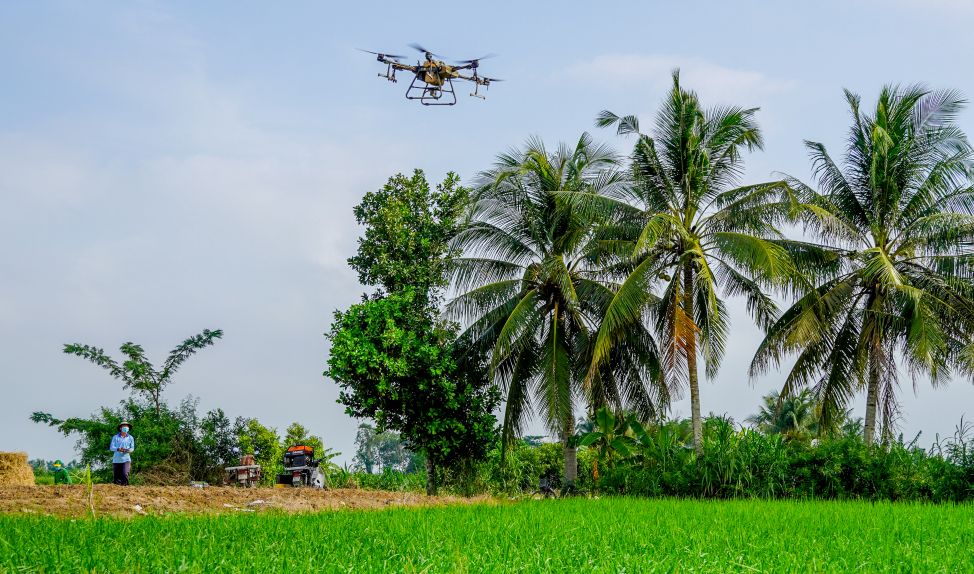
Mr. Hua Thanh Nghia - Director of Nghia Thang Agricultural Cooperative, My Xuyen Ward, Can Tho City - said that the Cooperative has over 100 hectares of rice seeds certified for ST24 and ST25. The entire area is mechanised from the stage of making soil, sowing to harvesting. Recently, the agricultural sector has supported the cooperative with drones to spray pesticides, helping people proactively prevent pests and diseases, ensuring healthy rice growth without being affected by weather.
"Rural labor is scarce, the cost of hiring is high, reducing the profits of rice growers. The appearance of drones has solved the labor problem, helping farmers not only reduce the cost burden but also improve production efficiency," said Mr. Nghia.
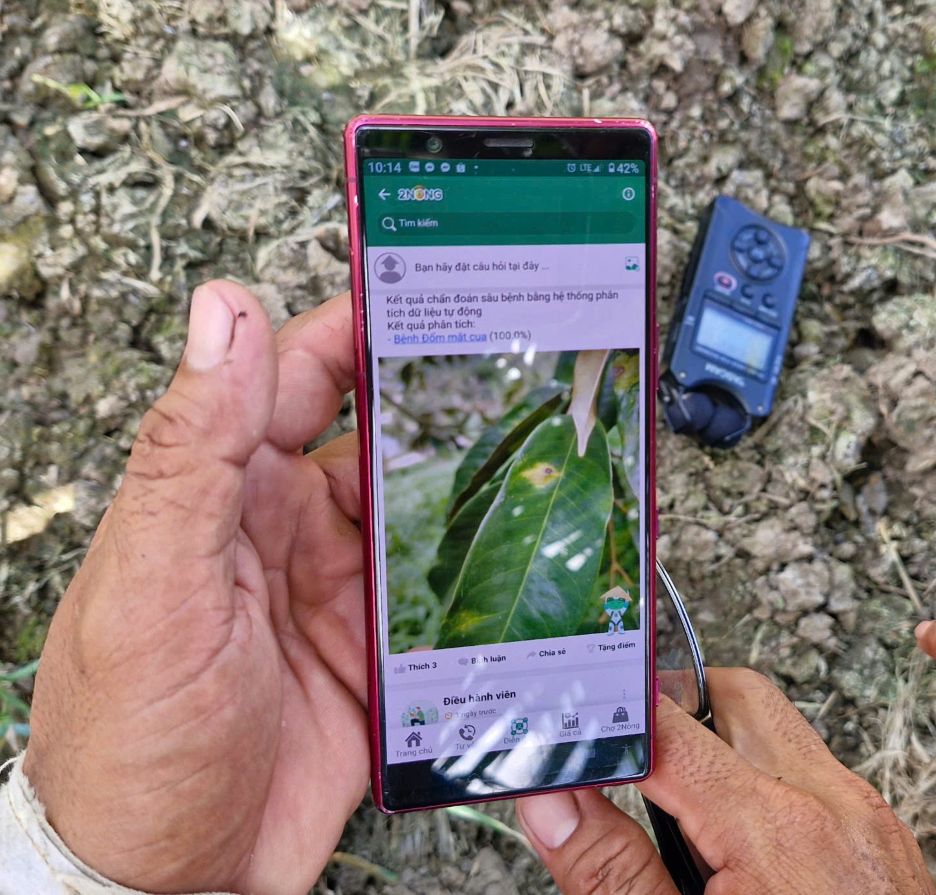
Not only using modern machinery, many farmers have also switched to managing fields using digital technology. Mr. Tran Kim Luan, in Tai Van commune, Can Tho city, who is cultivating more than 2 hectares of rice, said: "I was introduced to the "2 Nong" application by a friend and found it very convenient to use. Taking a deep photo of the child, the app will identify, register names and recommend specific drugs. Thanks to that, I fertilize and treat diseases on time, reducing production costs by more than 30%".
According to Mr. Luan, with a smartphone, farmers can now be proactive in each technical decision, grasp market price fluctuations, thereby optimizing costs and increasing productivity.
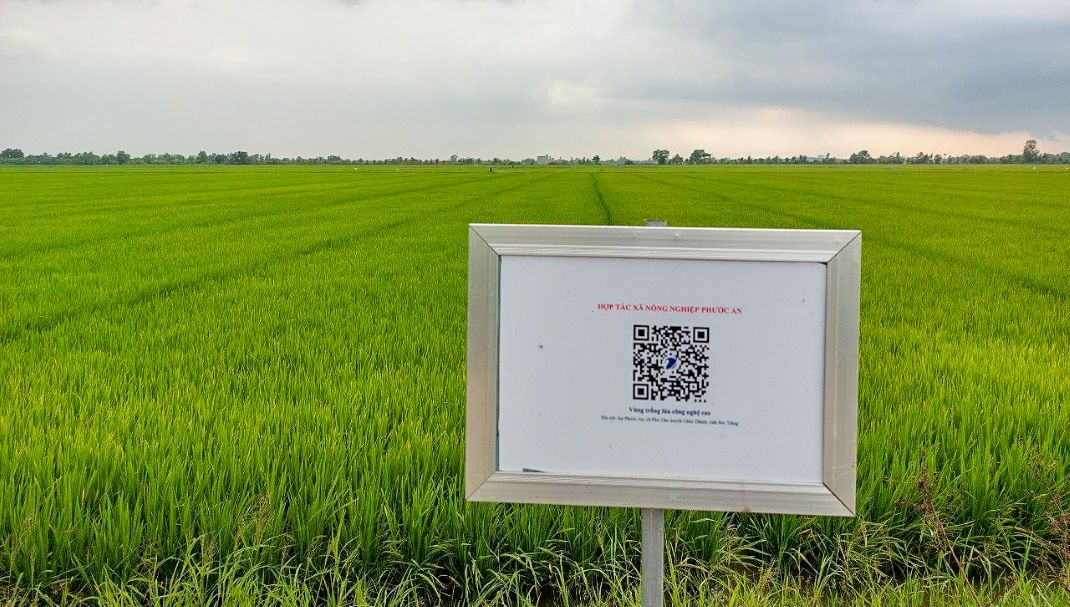
Similarly, at Phuoc An Agricultural Cooperative, Thuan Hoa Commune, Can Tho City, all 63 hectares of specialty fragrant rice are cultivated according to VietGAP standards, 100% mechanized and QR codes are applied to trace the origin.
Mr. Lam Phuong Tung, Director of the Cooperative, said: "Just scan the QR code to know the homeowner, area, sowing history, fertilization, and seed processing. Thereby helping farmers, traders, and businesses grasp accurate and complete information to contribute to building a modern agriculture, towards digital electronic diaries".
The cooperative is also equipped with a salinity monitoring system, pests and diseases monitoring and an automatic water pumping station, all controlled via smartphone. Thanks to that, farmers do not need to cultivate water and moss soup every day but still ensure that the fields are in the best condition.
According to Mr. Tung, the application of technology helps reduce 10 kg of seeds/ha, reduce 2-3 spraying times, reduce 50% of water pumping costs, and post-harvest losses also decrease by 10 - 15%. Farmers' profits increase by 20 - 30% compared to traditional farming methods.




